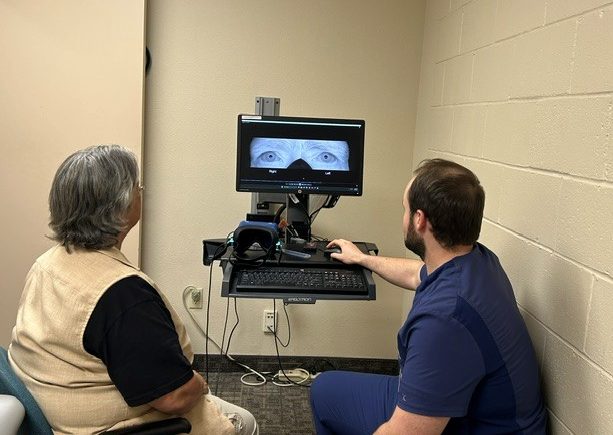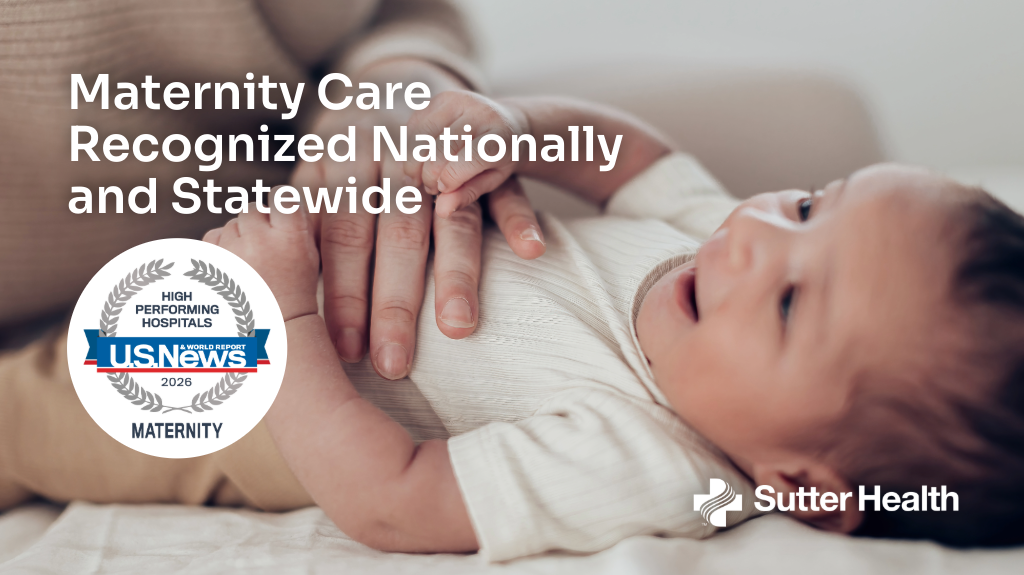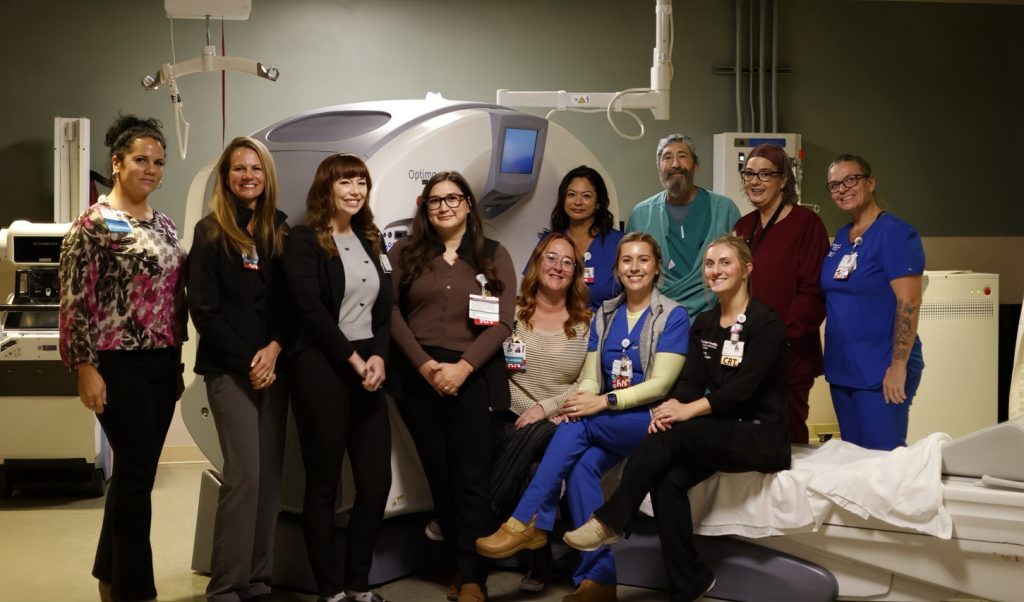Gathering with friends and family for a barbecue or picnic and fireworks on Independence Day is an American tradition. Unfortunately, using home fireworks can cause injury, a fire or even trigger people with post-traumatic stress disorder (PTSD).
Read on for 21 tips to help keep you and your loved ones safer –and less stressed—this holiday.
Fireworks: Can You, or Can’t You?
Be sure to verify and follow all local ordinances related to fireworks. In many areas of California, it is illegal to set off fireworks because of extreme fire danger, so it may be better to attend a show put on by your town, city or county. If you’ve verified it’s okay to set off fireworks in your neighborhood, check out these safety tips from CalFire to celebrate more safely:
- Use only State Fire Marshal approved fireworks
- Always read directions
- Always have an adult present
- Only use fireworks outdoors
- Never use fireworks near dry grass or other flammable materials
- Light one firework at a time
- Have a bucket of water, a hose or a fire extinguisher on hand and ready to use
- Submerge your firework in a bucket of water after it’s been used to ensure it’s been fully extinguished
Fireworks: Should You, Or Shouldn’t You?
“It’s best to leave fireworks to the professionals. They put on a better show, and it’s much safer,” says Dr. Robert Edelman, an ophthalmologist at Sutter Eden Medical Center in Castro Valley, who has provided medical and surgical care for the hospital’s trauma service on July 4 holidays.
“I’ve seen too many traumatic injuries caused by fireworks, including eyes lost, fingers blown off and teeth blown out,” Dr. Edelman says. “Many of the people using fireworks use them without face, eye or hand protection so they are really tempting fate. And some of the victims I’ve treated were bystanders. In fact, several years ago, a boy lost his right eye after someone dropped an M-80, which is a large, very powerful firework, out of a window while the boy was walking along the sidewalk below with his father.”
If you’ve confirmed home fireworks are legal in your community and you are willing to take the risk to set them off, here are a few tips to help keep you and bystanders safer:
- Wear safety glasses or goggles and ear plugs
- Wear sturdy heat-resistant gloves
- Avoid loose-fitting clothing
- Never place any part of your body directly over a fireworks device when lighting the fuse
- Back up several feet immediately after lighting a firework
- Never point or throw fireworks at another person
- Never attempt to re-light or “fix” fireworks
- Never carry fireworks in your pockets
- Bystanders should maintain a safe distance and remain alert
Wildfire Prep: Before the fireworks, prepare your home and family for the possibility of a wildfire. Visit ReadyforWildfire.org to access the Ready for Wildfire app, answer five quick questions and receive your personalized checklist.
Give your neighbors a heads-up if you plan to celebrate by setting off fireworks at home. For veterans, wildfire survivors and others living with PTSD, the Fourth of July can be very stressful. For them, known triggers include flashing lights, the smell of fire and loud explosions. Letting your neighbors know your plans allows people with PTSD time to prepare themselves.
If you or a loved one have PTSD and find July 4th challenging, make a self-care plan beforehand. Make a list of things that trigger you, and ways to deal with those triggers. In advance, share that information with others, let them know how you will care for yourself and what they can do to help. If you are looking for other ways to combat PTSD, read the Greater Good Magazine article, “Can Mindfulness Help Treat PTSD?” The booklet “Understanding PTSD: A Guide for Family and Friends” from the National Center for PTSD is also a great resource.
Note: This content is not intended to be a substitute for professional medical advice, diagnosis or treatment. Always seek the advice of your physician or other qualified health provider with any questions you may have regarding a medical condition. Never disregard professional medical advice or delay in seeking it because of something you have read on this website.





